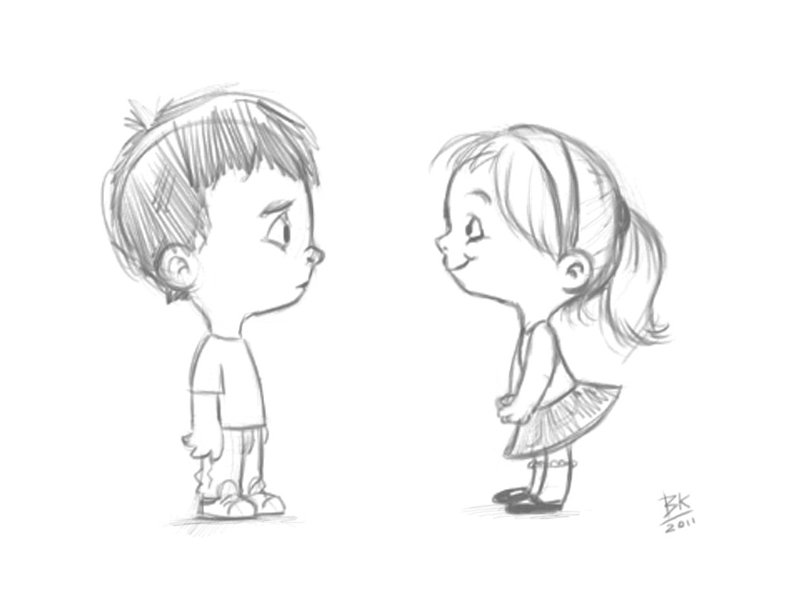A major question arises. Do I judge the world and the events I see with the experience I have gained along with the prejudice that has been built up in the act of living ones life or do we always have to search around for an alternative view which, it is suggested, is shared by virtually everyone else on the planet, a view which is a construct of their experience, not mine.
Do we have to amalgamate these other experiences into our own in order to get a better perspective, one which is more "socially inclusive".
If I adapt my own point of view to suit these other points of view, doesn't that literally contaminate the 'unique' construct of my own experience.
Of course if your life has been constrained by protective forces, parents, work environment, the influence of political correctness then these other forces take precedence over our own observational sense of right and wrong, by what we loosely choose to call public opinion.
If I pursue my goals with a series of idealistic preferences of my own, formed through my own upbringing, idiocentric perhaps but harming no one, then at least to what ever extent the views were unique, they should be valued over and above the modern homogeneous set of compromises which make up parent day values.
Every day there is a call to recognise some new claim for identity, some new call for a unique classification to fit to the ever expanding social milieu and whilst I accept this shows greater diversity, perhaps this 'diversity' is becoming more artificial and threatens my sense of acceptability.
In this modern intolerant world am threatened by my inability to conform. I am censored by my reluctance to vary from a structure which I recognise as my own through my own fairly varied exposure to life.
Stick a pin in me and I bleed but whether I rush for an antiseptic bandage or treat a cut as a normal day to day event, (depending on the environment), with out much fuss or over reaction, a measure I suggest dependent on ones age and exposure to influence.
You have to be very unlucky in the tropics to stand on a snake and for the snake to turn and bite you but the fear emblazoned in your brain by folk law precludes a rational objective summation of that chance and discourages people from walking at night in an ill lit place.
Our minds are full of superstition and fear planted by others. If we had the sense to exclude a lot of what we are programmed to think by modern society, if we could cast out much of what makes up modern norms of artificial social behavior and concentrated on our own well tried common sense, we would be far better for it -Gunga Din





